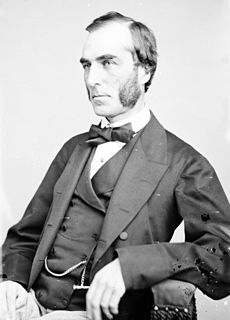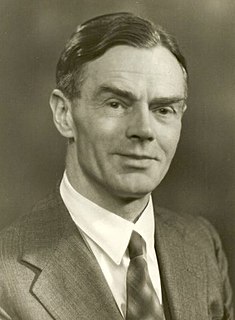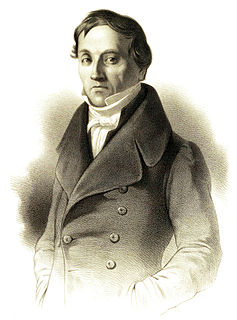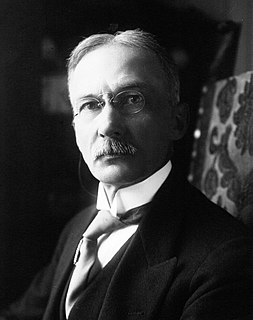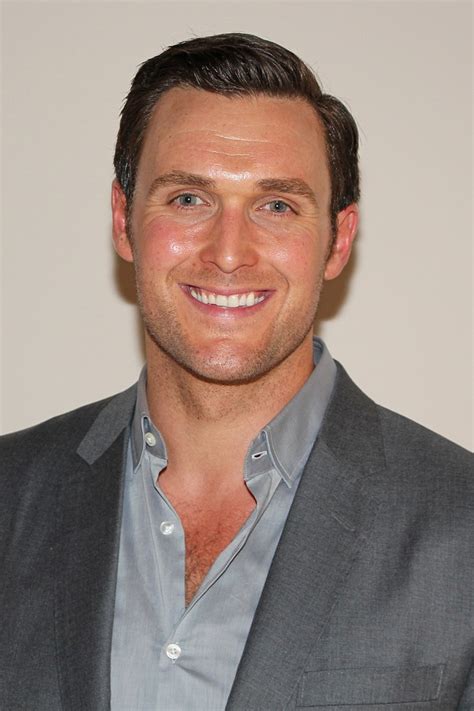A Quote by Goldwin Smith
It is needless to say how great has been the influence of the doctrine of Evolution, or rather perhaps of the method of investigation to which it has given birth, upon the study of history, especially the history of institutions.
Related Quotes
Music expresses feeling, that is to say, gives shape and habitation to feeling, not in space but in time. To the extent that music has a history that is more than a history of its formal evolution, our feelings must have a history too. Perhaps certain qualities of feeling that found expression in music can be recorded by being notated on paper, have become so remote that we can no longer inhabit them as feelings, can get a grasp of them only after long training in the history and philosophy of music, the philosophical history of music, the history of music as a history of the feeling soul.
By contrast with history, evolution is an unconscious process. Another, and perhaps a better way of putting it would be to say that evolution is a natural process, history a human one.... Insofar as we treat man as a part of nature--for instance in a biological survey of evolution--we are precisely not treating him as a historical being. As a historically developing being, he is set over against nature, both as a knower and as a doer.
My book, Oral History: Understanding Qualitative Research is about how researchers use this method and how to write up their oral history projects so that audiences can read them. It's important that researchers have many different tools available to study people's lives and the cultures we live in. I think oral history is a most needed and uniquely important strategy.
The History of Evolution is the real source of light in the investigation of organic bodies. It is applicable at every step, and all our ideas of the correlation of organic bodies will be swayed by our knowledge of the history of evolution. To carry the proof of it into all branches of research would be an almost endless task. (1828)
The discussion of the game of marbles seems to have led us into rather deep waters. But in the eyes of children the history of the game of marbles has quite as much importance as the history of religion or of forms of government. It Is a history, moreover, that is magnificently spontaneous; and it was therefore perhaps not entirely useless to seek to throw light on the child's judgment of moral value by a preliminary study of the social behaviour of children amongst themselves.
When you’ve had children, your body changes; there’s history to it. I like the evolution of that history; I’m fortunate to be with somebody who likes the evolution of that history. I think it’s important to not eradicate it. I look at someone’s face and I see the work before I see the person... You’re certainly not staving off the inevitable. And if you’re doing it out of fear, that fear’s still going to be seen through your eyes. The windows to your soul, they say.
What would be the nicest thing I could say about Newt Gingrich? He may be one of the great supporters of the humanities, because you have people who don't want to study the social sciences, because it's not profitable, and now Newt, as the highest-paid historian in American history, may be an encouragement to people to study history.
The most widely discussed formulation of [the One World model] was the "end of history" thesis advanced by Francis Fukuyama. "We may be witnessing," Fukuyama argued, "the end of history as such: that is, the end point of mankind's ideological evolution and the universalization of Western liberal democracy as the final form of human government." The future will be devoted not to great exhilarating struggles over ideas but rather to resolving mundane economic and technical problems. And, he concluded rather sadly, it will all be rather boring.
I have to throw in on a personal note that I didn't like history when I was in high school. I didn't study history when I was in college, none at all, and only started to do graduate study when my children were going to graduate school. What first intrigued me was this desire to understand my family and put it in the context of American history. That makes history so appealing and so central to what I am trying to do.
I've always loved history, from my youngest memories. My father enjoyed the great stories of history, like Hereward the Wake, Robin Hood, and Richard the Lionheart, and he shared them with me. I went on to do a degree in history, though I found it rather dry, because it was mostly about politics rather than dashing individuals!
I've written almost 200 songs with Bad Religion. No matter where you look in our history, the focus has been trying to instill some of these disturbing realities about the world, some of the implications of evolution into an artistic format that can be interpreted by people who may never study evolution.
